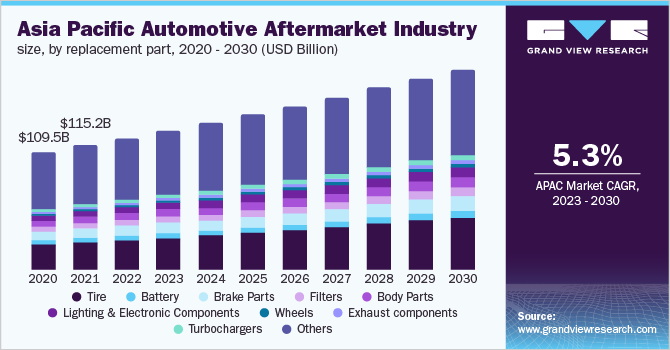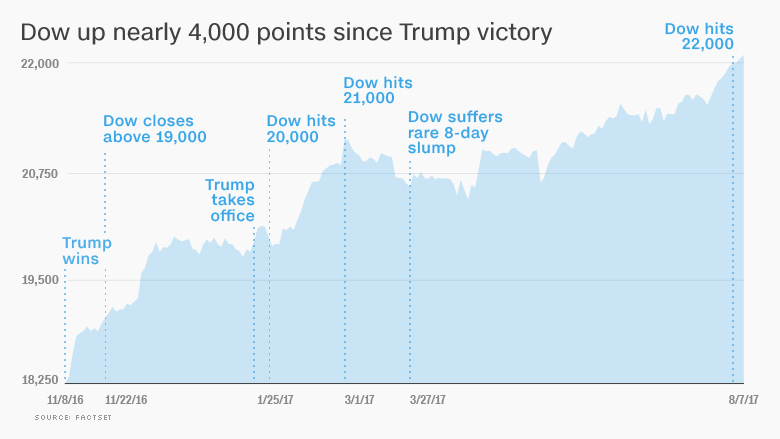China's Automotive Market: Examining The Difficulties Faced By BMW And Porsche

Table of Contents
Intense Competition from Domestic Brands
The Chinese automotive industry is experiencing a period of explosive growth, driven largely by the rise of innovative domestic brands. This presents a major challenge to established international players like BMW and Porsche.
Rise of Chinese Electric Vehicle (EV) Manufacturers
The rapid ascent of Chinese electric vehicle (EV) manufacturers such as BYD, NIO, and Xpeng is particularly noteworthy. These companies are not only disrupting the market with competitive pricing and cutting-edge technology, but they are also cultivating strong brand loyalty among Chinese consumers. This translates into:
- Increased pressure on pricing strategies for BMW and Porsche: Luxury brands must carefully balance their pricing to remain competitive against more affordable domestic EVs.
- Need to adapt to rapid technological advancements in the EV sector: Staying at the forefront of EV technology requires significant R&D investment to match the pace of innovation from Chinese competitors.
- Growing consumer preference for domestically produced EVs: National pride and a preference for supporting local businesses are powerful factors influencing consumer choices.
Aggressive Marketing and Localization Strategies from Competitors
Domestic brands are employing sophisticated marketing tactics tailored to the nuances of the Chinese market. They effectively leverage digital marketing channels and social media, demonstrating a deeper understanding of local trends and consumer preferences than many international brands. This includes:
- Focus on digital marketing channels and social media engagement: Chinese consumers are highly active on social media, making digital marketing crucial for reaching target audiences.
- Development of localized product features and design elements: Catering to specific tastes and preferences in the Chinese market requires adapting vehicle features and designs.
- Strategic partnerships and collaborations with Chinese companies: Building strong relationships with local businesses can provide valuable insights and market access.
Navigating Regulatory Hurdles and Government Policies
The Chinese government plays a significant role in shaping the automotive landscape through its regulations and policies. Navigating these effectively is crucial for international automakers.
Stringent Emission Standards and Environmental Regulations
China's commitment to environmental protection has led to increasingly stringent emission standards and regulations. This necessitates significant investment in research and development for cleaner vehicles and technologies, resulting in:
- Compliance costs and the need for advanced emission control systems: Meeting these standards requires substantial investment in new technologies.
- Investment in electric vehicle infrastructure and charging networks: Expanding the EV charging infrastructure is crucial for supporting the growth of electric vehicles.
- Pressure to reduce reliance on fossil fuels: The Chinese government is actively promoting the adoption of electric vehicles and other alternative fuel vehicles.
Import Tariffs and Trade Restrictions
High import tariffs and the potential for trade restrictions add considerable cost burdens to imported vehicles, impacting profitability. To mitigate this, automakers are exploring strategies such as:
- Strategies for optimizing supply chains and minimizing import costs: Efficient supply chain management is vital for reducing costs.
- Potential for localized manufacturing to circumvent tariffs: Setting up manufacturing facilities within China can help to avoid import tariffs.
- Impact on pricing and competitiveness in the market: Import costs inevitably influence the pricing of vehicles, affecting competitiveness.
Understanding Evolving Consumer Preferences in China
The Chinese automotive market is characterized by rapidly evolving consumer preferences, demanding adaptability and innovation from automakers.
Shifting Demand towards Electric and Connected Vehicles
The demand for electric vehicles (EVs) and vehicles with advanced connectivity features is soaring in China. Luxury brands must respond by:
- Investment in developing and marketing electric and hybrid models: Offering a range of electrified vehicles is essential for remaining competitive.
- Integration of advanced driver-assistance systems (ADAS): Features such as lane keeping assist and adaptive cruise control are becoming increasingly important.
- Providing seamless connectivity and in-car entertainment features: Advanced infotainment systems and connected services are highly valued by Chinese consumers.
Emphasis on Brand Image and Luxury Positioning
While price remains a factor, Chinese consumers place considerable emphasis on brand image and prestige. This creates both an opportunity and a challenge for luxury brands such as BMW and Porsche:
- Maintaining brand exclusivity and appeal while adapting to local preferences: Balancing global brand identity with local preferences is crucial.
- Building relationships with key influencers and opinion leaders: Leveraging the influence of key figures in Chinese society can significantly enhance brand perception.
- Communicating brand values and heritage effectively to Chinese consumers: Connecting with Chinese consumers on an emotional level is key to building brand loyalty.
Conclusion: The Future of BMW and Porsche in China's Automotive Market
The China's automotive market presents a complex and dynamic environment for international automakers like BMW and Porsche. Success requires a multifaceted approach encompassing strategic adaptation, substantial investment in R&D and infrastructure, and a profound understanding of the unique nuances of the Chinese consumer. By proactively addressing the challenges outlined above and continuing to innovate, these luxury brands can secure a position within this lucrative but intensely competitive market. Understanding the intricacies of China's automotive market is not just beneficial – it’s essential for long-term success.

Featured Posts
-
 Analyzing Todays Stock Market Dow Futures And Chinas Economic Actions
Apr 26, 2025
Analyzing Todays Stock Market Dow Futures And Chinas Economic Actions
Apr 26, 2025 -
 Federal Investigation Millions Stolen Through Office365 Executive Account Hacks
Apr 26, 2025
Federal Investigation Millions Stolen Through Office365 Executive Account Hacks
Apr 26, 2025 -
 Military Base Showdown Us And China Vie For Regional Dominance
Apr 26, 2025
Military Base Showdown Us And China Vie For Regional Dominance
Apr 26, 2025 -
 The 2700 Mile Divide Examining The Impact Of Trumps Policies On Rural Education
Apr 26, 2025
The 2700 Mile Divide Examining The Impact Of Trumps Policies On Rural Education
Apr 26, 2025 -
 7 Unmissable Orlando Restaurants To Try In 2025 Beyond Disney
Apr 26, 2025
7 Unmissable Orlando Restaurants To Try In 2025 Beyond Disney
Apr 26, 2025
